Makoto Shinkai films have become on par with Studio Ghibli films in terms of global popularity. While the legacy of Hayao Miyazaki cannot be measured or surpassed, fans of Japanese movies have often pit him against Shinkai, especially with how visually amazing and the emotional depth of each director’s visions.
Shinkai’s films are more often a message about love and how deep the connection between two soulmates transcends beyond human capabilities. They always have a supernatural element with an impending disaster within the story the protagonists have to face.
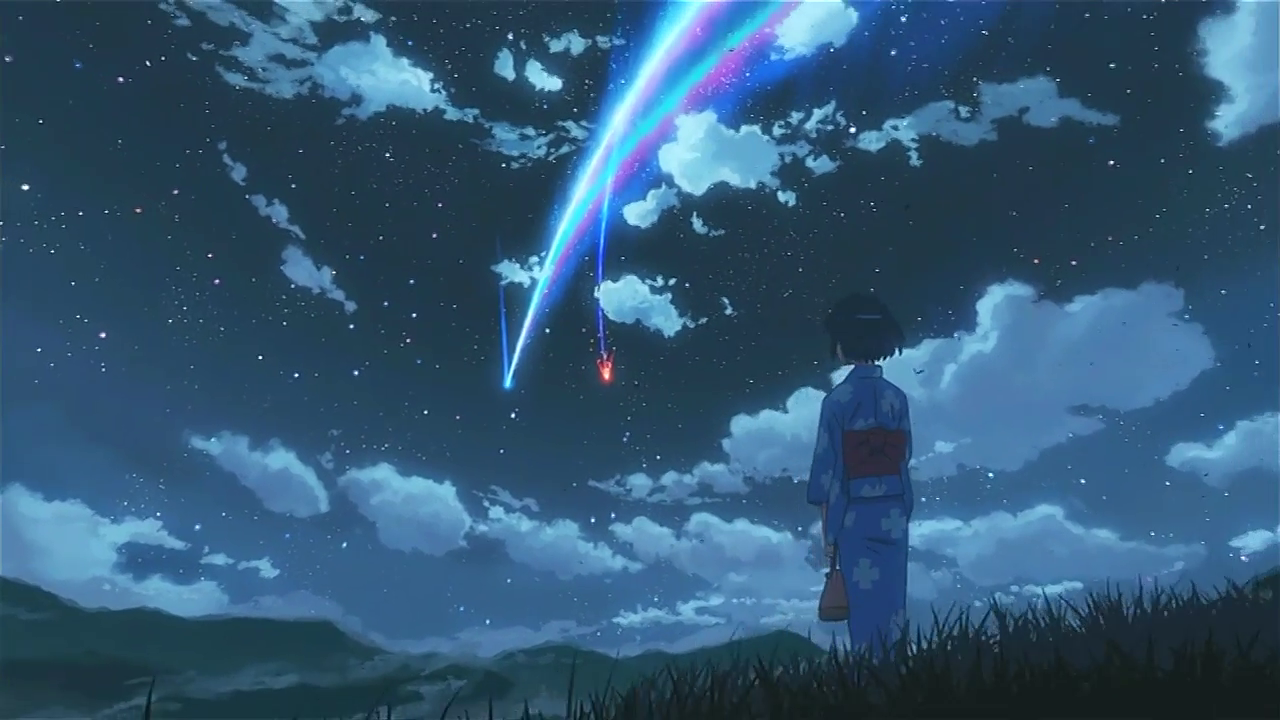 Mitsuha witnessing the comet in Your Name. [Credit: Toho]
Mitsuha witnessing the comet in Your Name. [Credit: Toho]Pitting him against Miyazaki, however, displays that fans of his movies haven’t totally understood the vision. While most of the viewers love his most famous film, Your Name, some have criticized it and show a clear misunderstanding of his intentions. Your Name isn’t entirely meant to be centred around the disaster of the comet, it’s meant to show how love can make you do anything for the person.
8 Years After Your Name: Are People Misunderstanding Makoto Shinkai?
 Taki and Mitsuha write their names in Your Name. [Credit: Toho]
Taki and Mitsuha write their names in Your Name. [Credit: Toho]Your Name is one of the highest-grossing anime films of all time. From the visuals to the soundtrack, everything was perfect about it and it earned that rightful ranking. It told the story about Taki and Mitsuha, who mysteriously switch souls, and begin their journey to falling in love. However, on his way to finding Mitsuha’s rural hometown, he finds out that it was destroyed by a comet. He ends up connecting back to her to warn her about the comet and saves her life by evacuating the town in time. The two reunite 5 years later.
It seems some fans misinterpreted the message behind Your Name due to the pattern of Makoto Shinkai films. The successors, Weathering With You and Suzume, also involved natural disasters. So, some viewers thought the director was trying to deny these natural disasters by working to prevent them. However, Shinkai states this was never his intention, as he discusses with Business Insider:
People thought I was almost denying this massive disaster or tragedy, and trying to cancel Mitsuha’s death and rewrite history as though this disaster never happened. To me, that feedback was rather shocking because I came from a place of genuinely wanting Mitsuha to be safe.
His message of love doesn’t negate the fact that a natural disaster did happen. Whether or not Mitsuha lives doesn’t mean her hometown wasn’t destroyed by the comet anyway. However, it was the power of love that made Taki determined to switch souls with her one last time to warn her. The two desperately wanted to remember each other and her survival meant a chance for them to reunite. Shinkai simply wanted love to prosper.
The Environmentalism in Makoto Shinkai Films
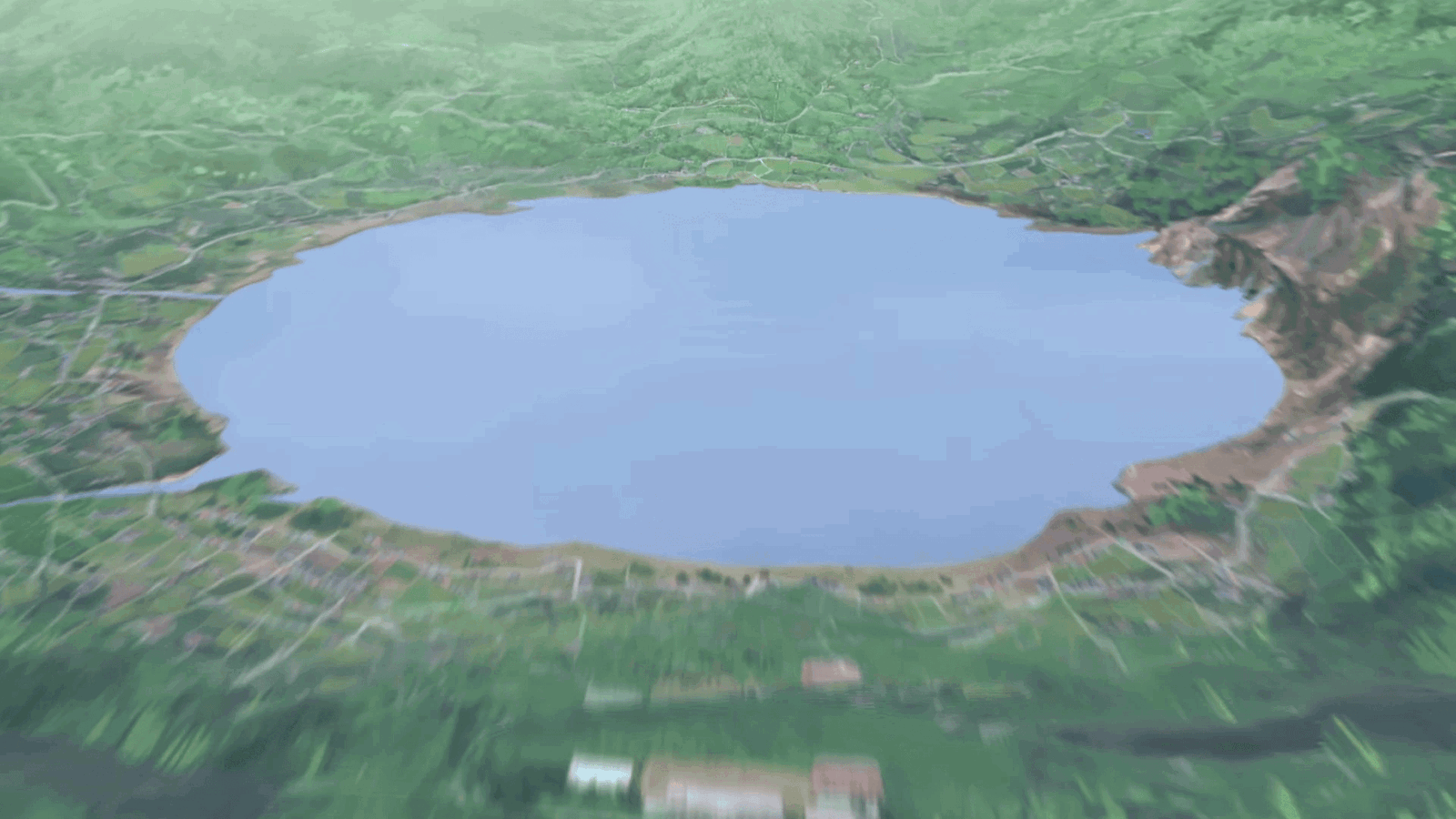 Lake Itomori in Your Name. [Credit: Toho]
Lake Itomori in Your Name. [Credit: Toho]The vision of Makoto Shinkai doesn’t mean the films don’t have a hint of environmental commentary in them. It is, after all, a rival of Studio Ghibli, and you can’t compete against Miyazaki without lush, green landscapes. Shinkai still embeds messages about the climate crisis and how frequently Japan faces natural disasters in his work.
His films contextualize the impact of these disasters on the people affected and how they need to work together to prevent them or at least the casualties. It also reflects how love can make you want to live for the future, the comet was just a catalyst and so are the other disasters he involves in his films.
.png)
 3 hours ago
13
3 hours ago
13
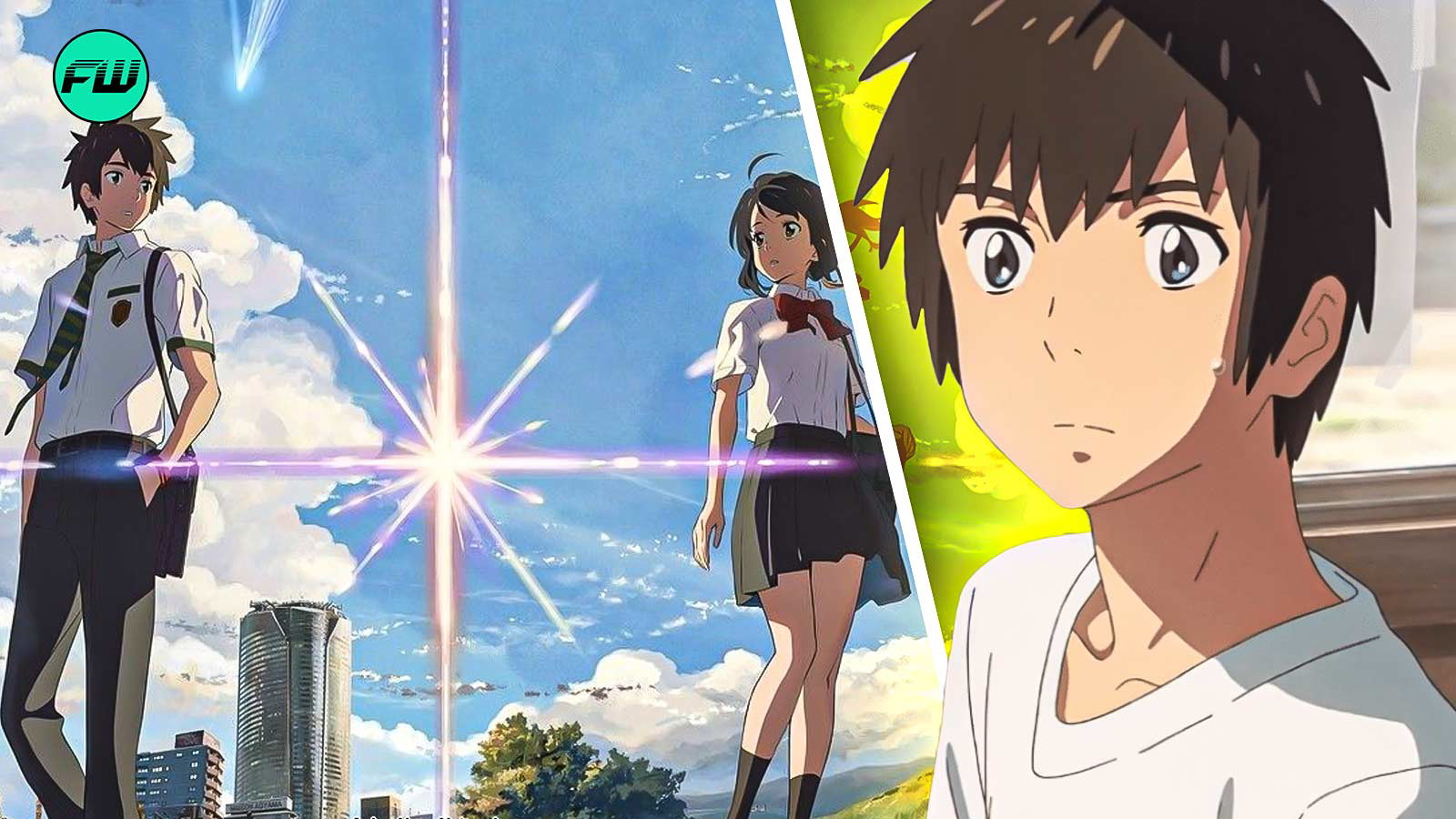

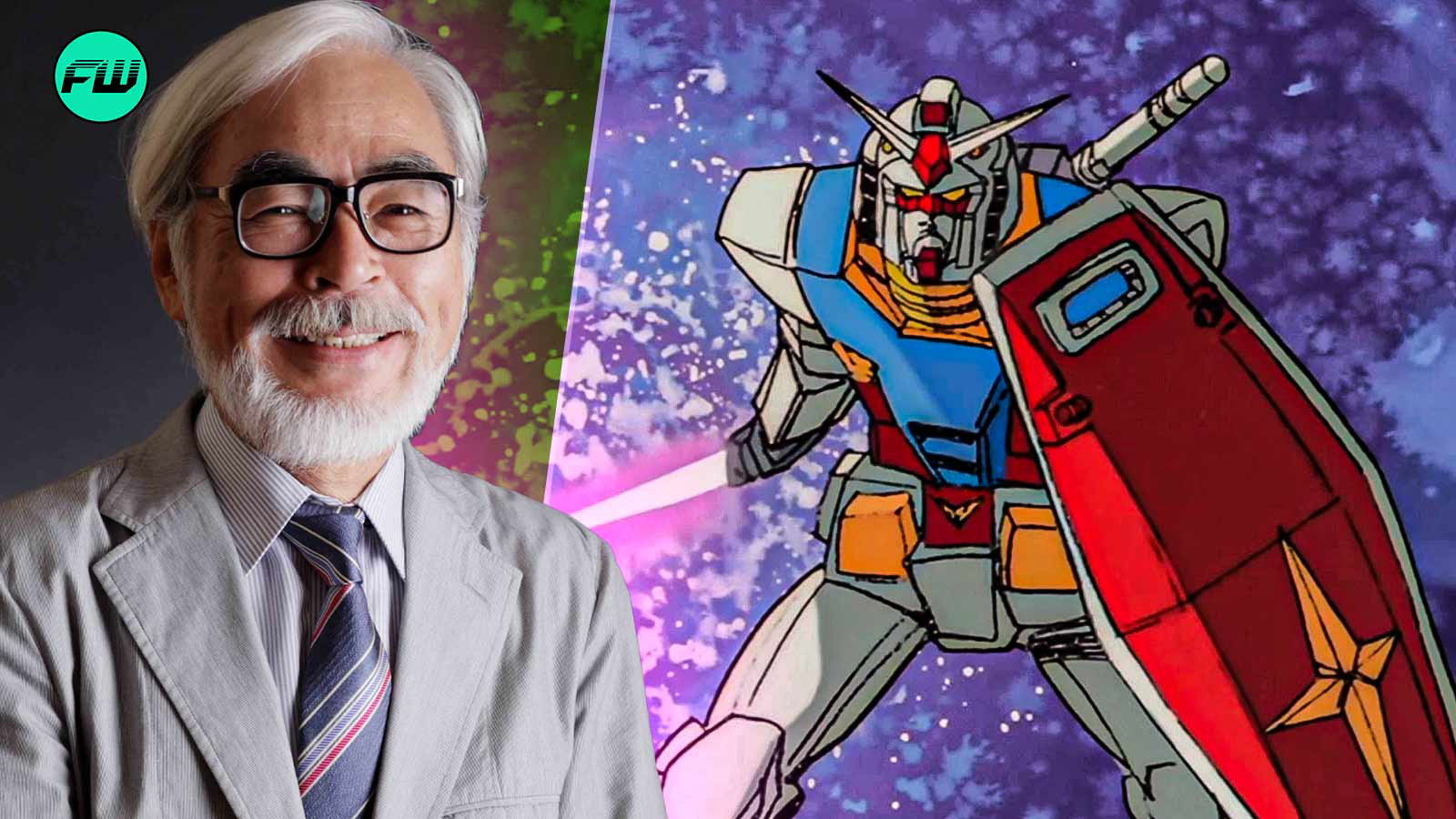
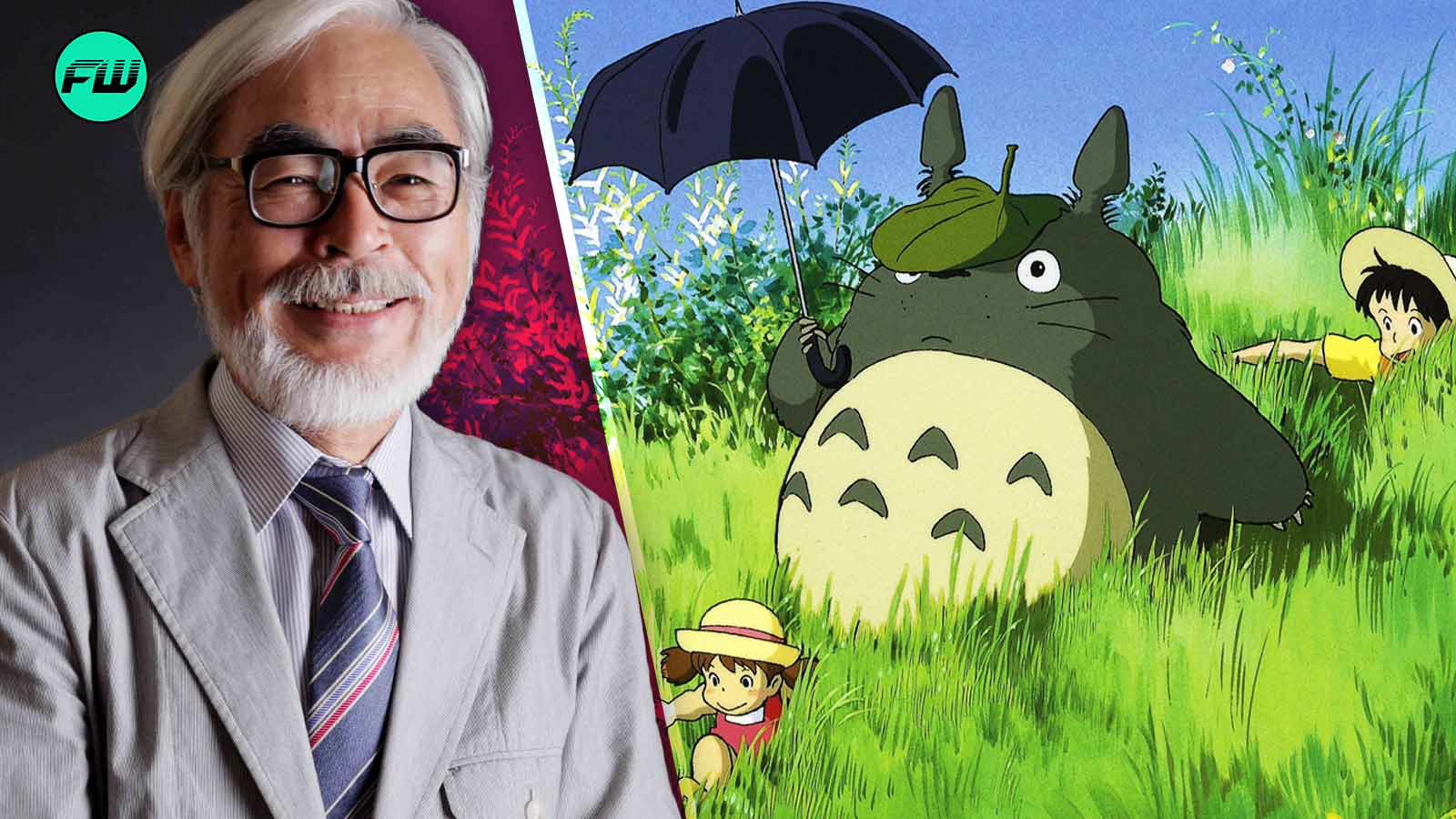
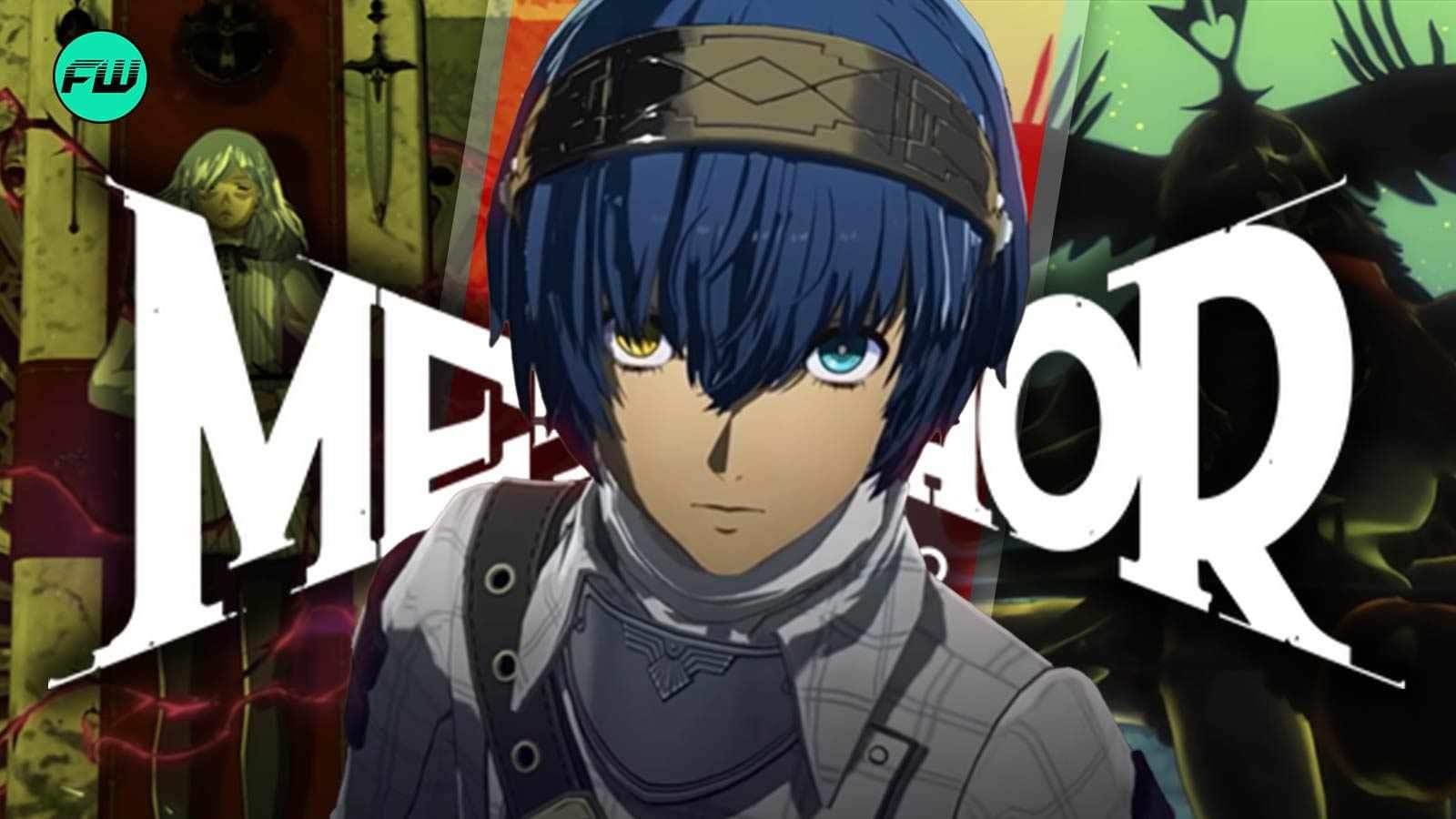
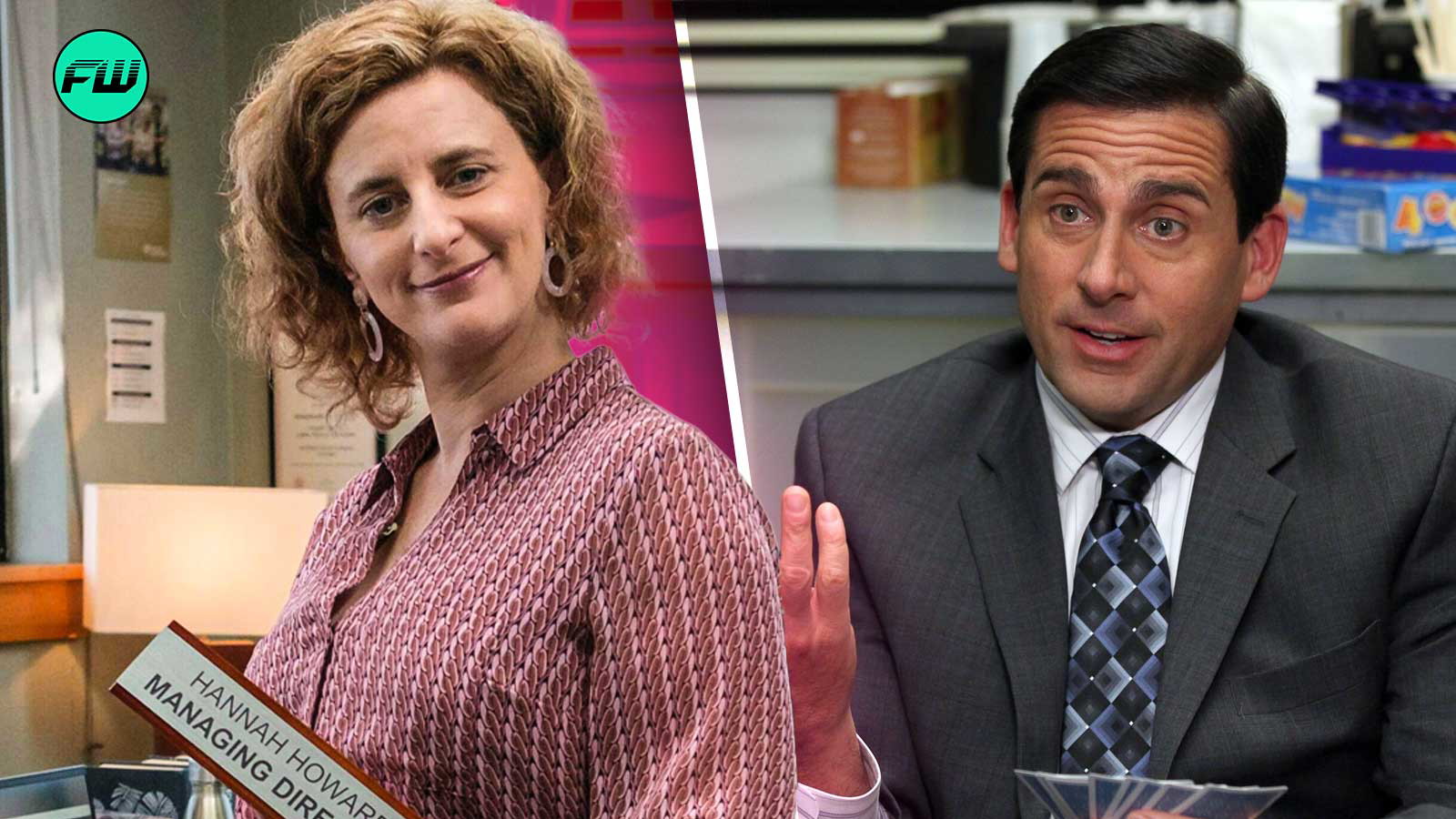
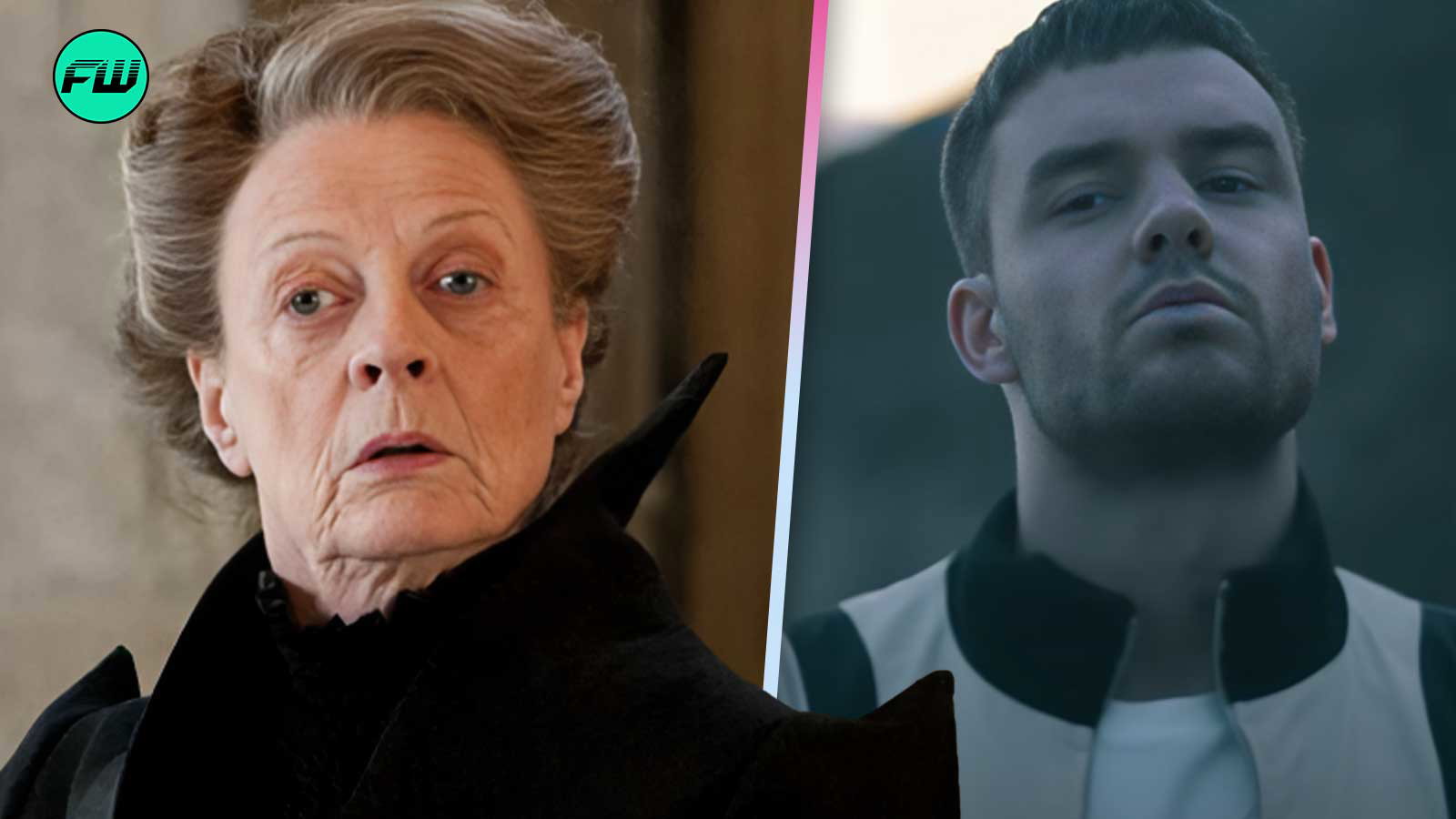
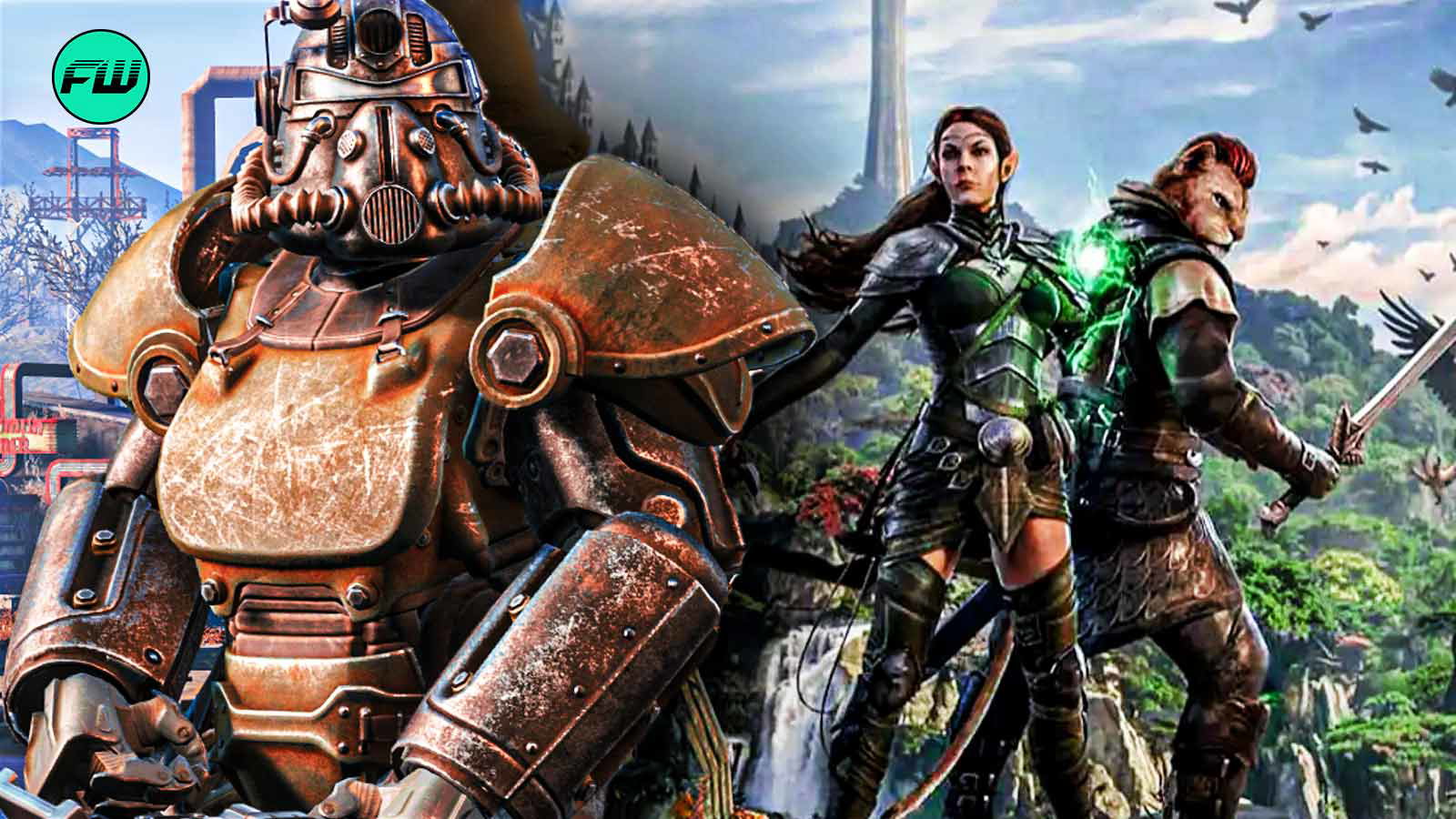


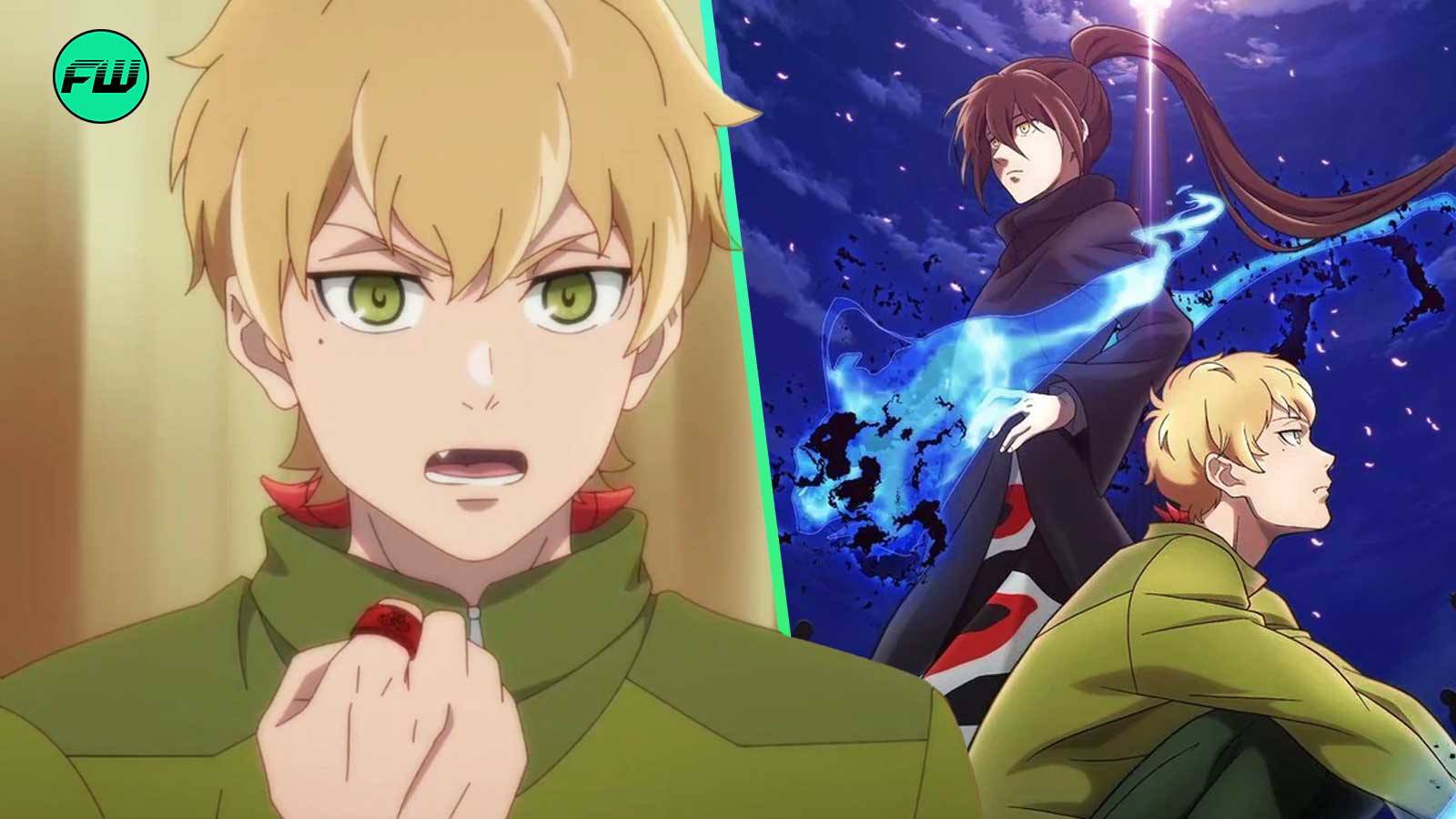
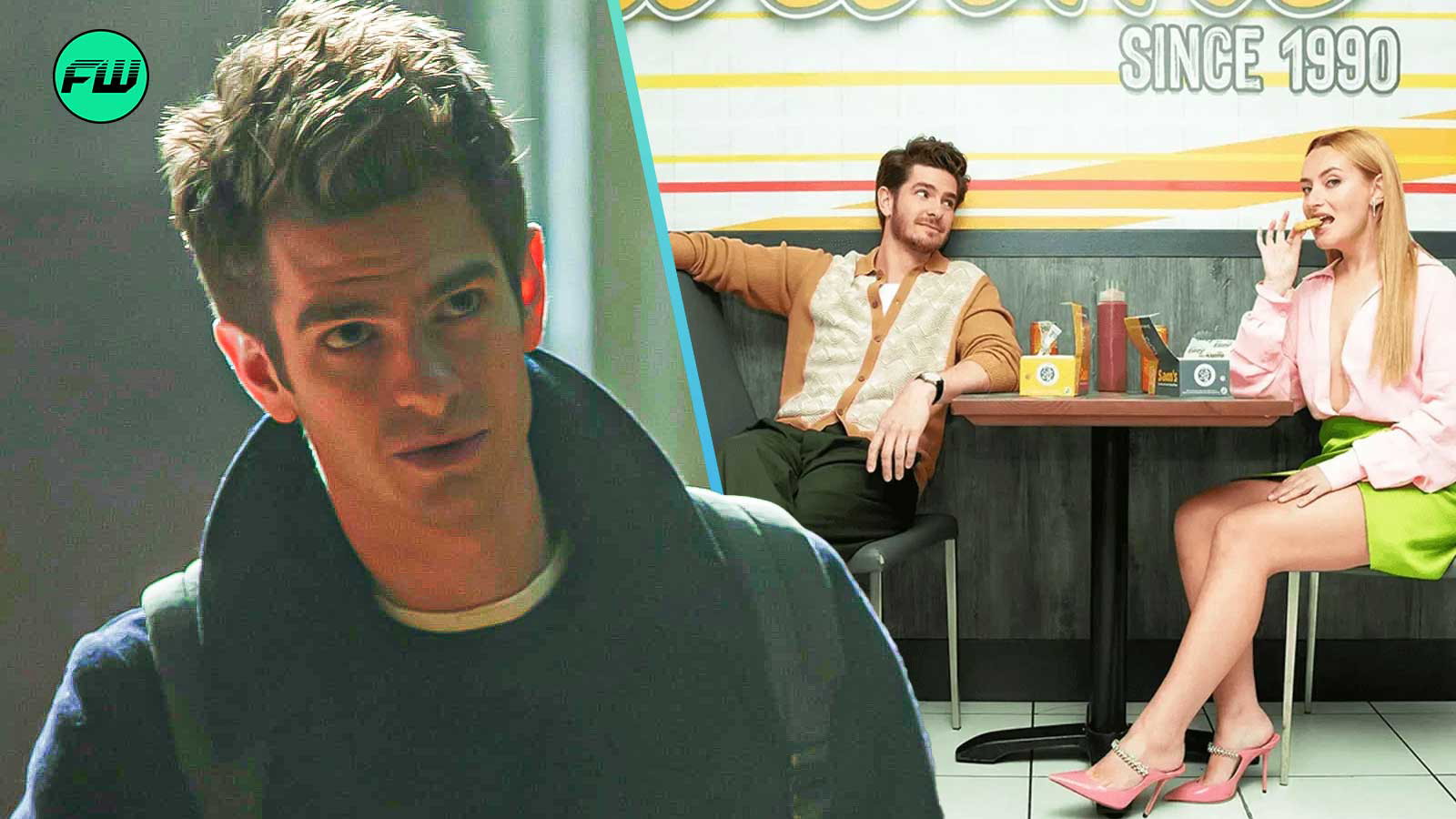
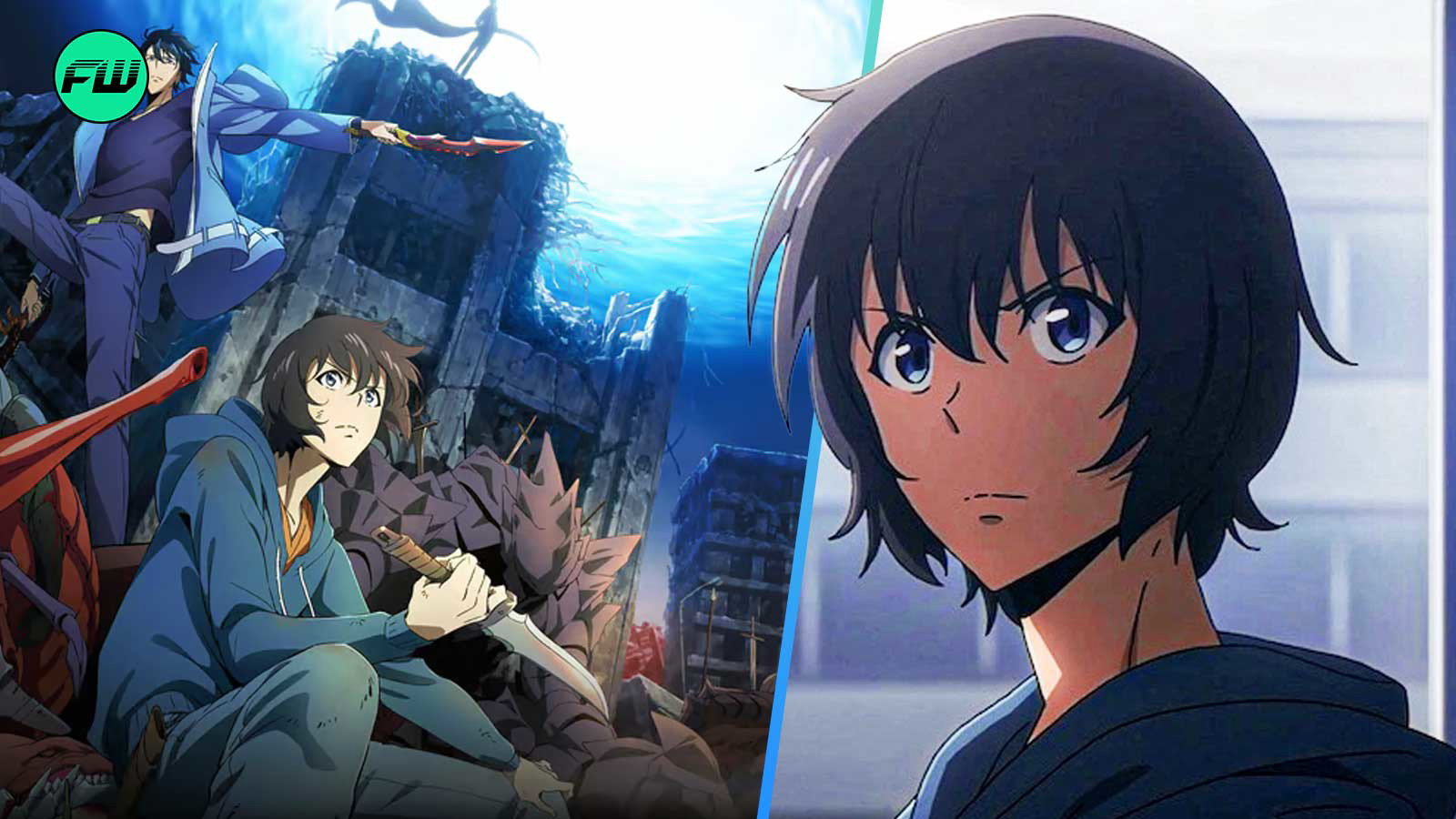
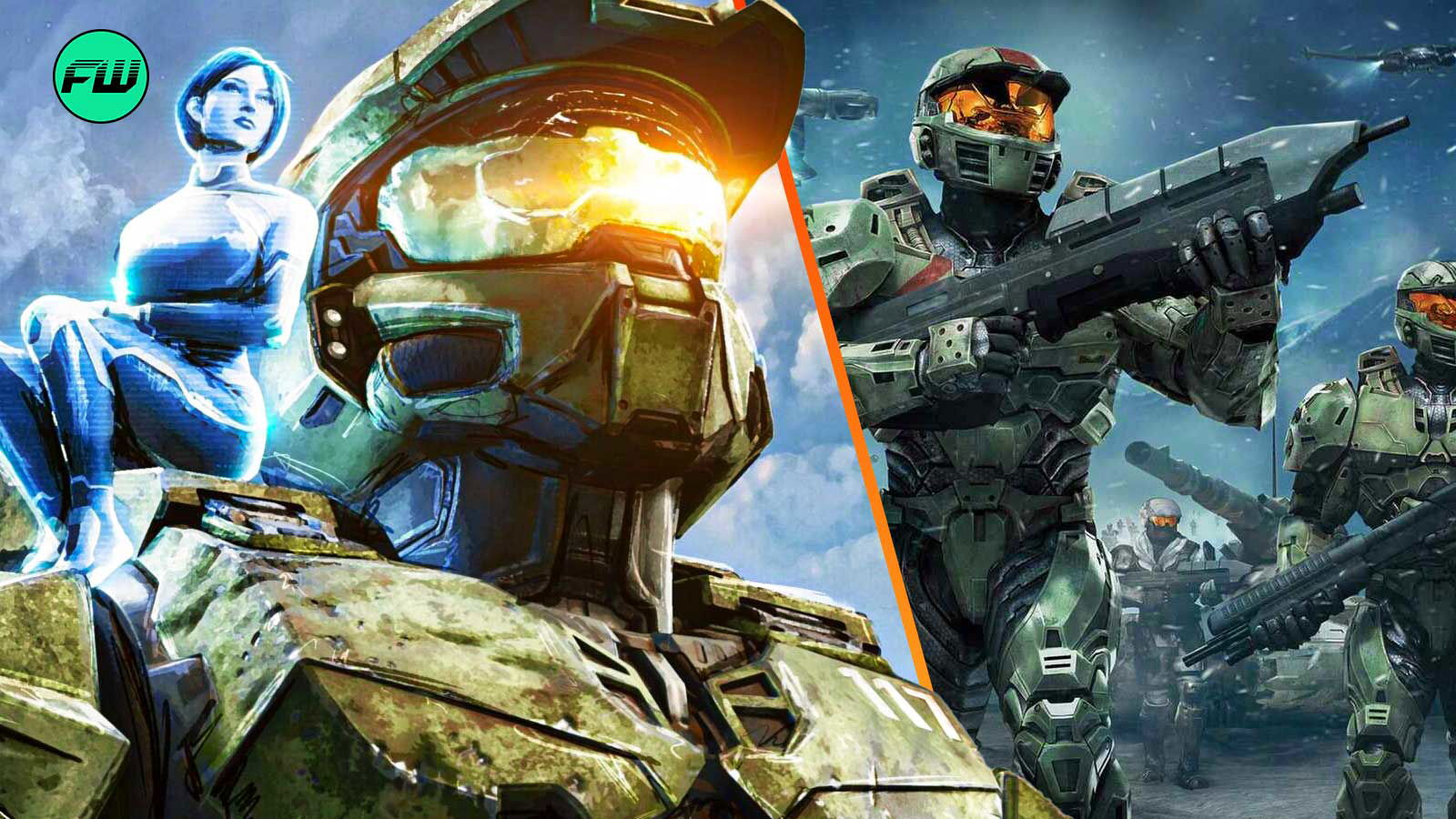












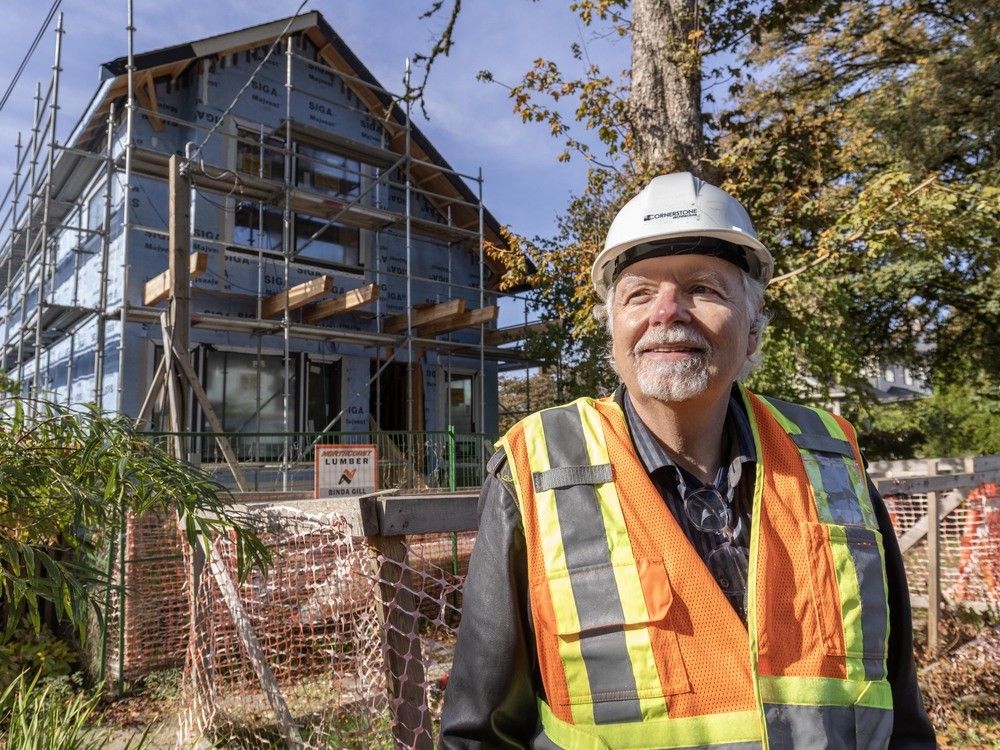
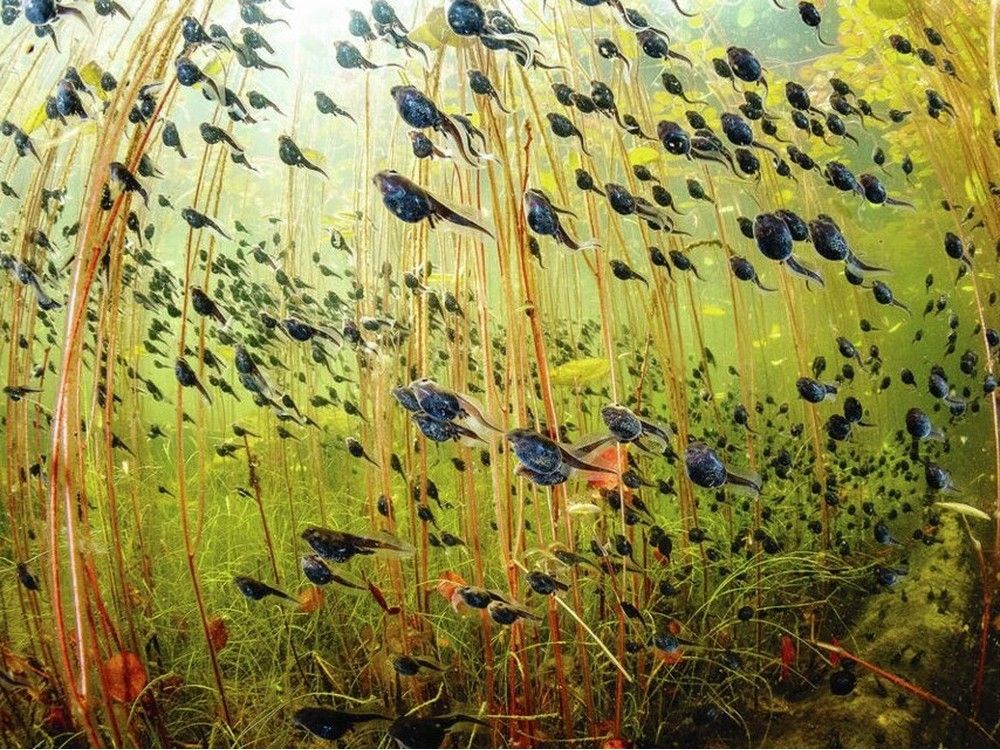

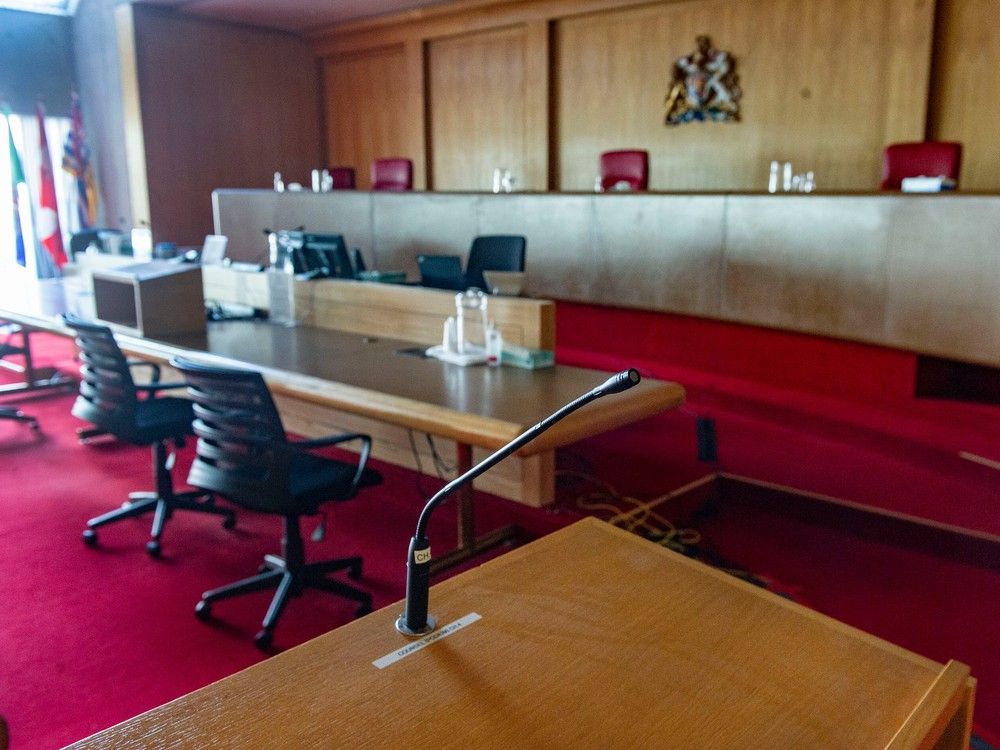



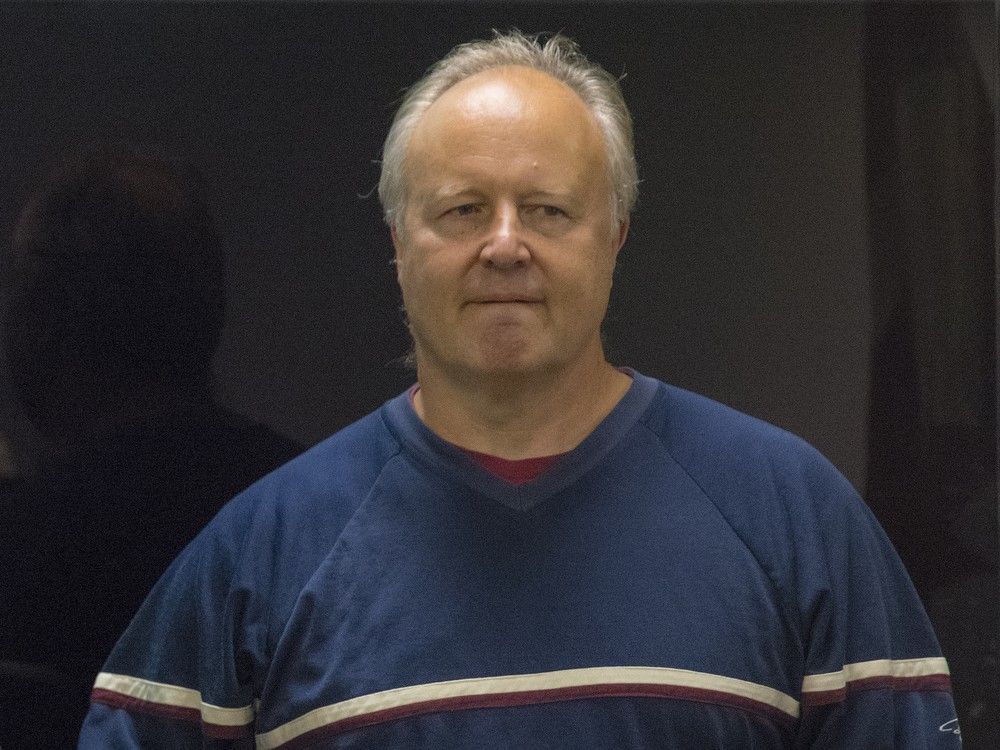


 Bengali (BD) ·
Bengali (BD) ·  English (US) ·
English (US) ·